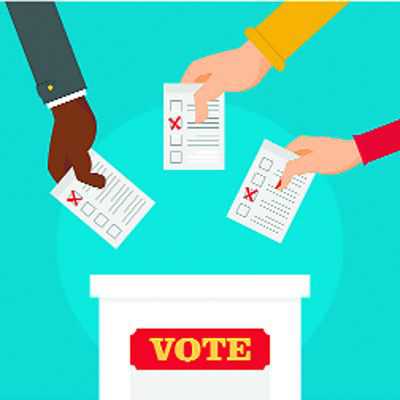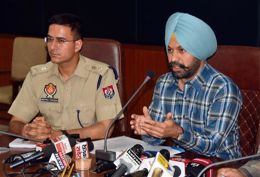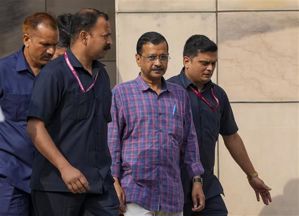
Bhupinder Brar
It was famously said that democracy is not the best conceivable form of government, except that all other forms of government ever actually tried proved to be much worse. What that means in plain English is that democracy is the best humanly possible bet, and must be preserved despite its flaws and pitfalls. The real question is how this could be done, and who would take the responsibility.
The conventional answer is that people themselves would throw out inept or corrupt rulers in the next round of elections. But could the common voter always be trusted to punish those who betrayed his/her trust? Experience in India and elsewhere would show that the ground for reposing such faith is shaky. Often enough, appeals to primordial or populist sentiments easily defeat the rational-critical faculties of the common voter.
Odd though this might sound, democracy, therefore, needs to be protected not only from elected rulers who misrule but also from those who elect the untrustworthy rulers in the first place. This has to be done by such public institutions as would not succumb to political pressures or lures, whether from the government or the opposition, nor would they be swayed by popular moods and sentiments of the day.
Such public institutions are best created by provisions made in the Constitution itself. Their autonomy is guaranteed by the Constitution, and they have unswerving loyalty and commitment only to the Constitution. They are what make a democracy ‘constitutional democracy’ and they are what would ensure ‘good governance’.
That, in brief, is the belief that drives the book in hand, written by Vinod Rai, the much lionised and much maligned Comptroller and Auditor General of India. He is the man who, when he demitted office in 2013, was strikingly but aptly compared to T N Seshan, the Chief Election Commissioner, some two decades earlier. Both are remembered for their impeccable personal integrity, zeal to reform and even overhaul systems, and consequently making attempts that amount to crossing the red lines of their domains, making them guilty of overreach. Rai’s controversial allegation of ‘presumptive loss’ of revenue in 2G spectrum is a prime example. It questioned the very right of the government to define ‘public good’ and undertake a major initiative aimed at fast spread of affordable mobile services.
In the main chapters of the book, Rai takes up for examination what he believes are the seven ‘pillars’ required to uphold norms and practices of democracy as well as good governance. These are the Parliament, Supreme Court, Election Commission, Reserve Bank, Comptroller and Auditor General, Central Bureau of Investigation, Civil Services and Central Vigilance Commission. The author thinks not all of them have acquitted themselves commendably or even honourably, but he also believes strongly that none of them is beyond repair or redemption. Much of these chapters goes into specific details of what is wrong and specific suggestions as to how it could be set right.
The scope of a short book review would not allow all such details to be mentioned, let alone discussed. Let us therefore limit ourselves to identifying the common thread that binds them. Most of the analysis and prescription contained in this book stems from what political scientists call ‘legal-institutional’ approach. The approach is at its core rationalist. It believes that once we arrive at correctives through proper reasoning, these can be injected without much hitch into the system.
Max Weber, for example, talked of legal-rational-bureaucratic model of society as the ideal of modernity. Political scientists consider such perspectives very limited, and naïve. Mass culture and psychology, and actors’ own drive to power, make social actions prone to both selfishness and irrationality. A political scientist might, therefore, expect a more social-systemic explanation of why institutions of governance have suffered from debilitating limitations.



























